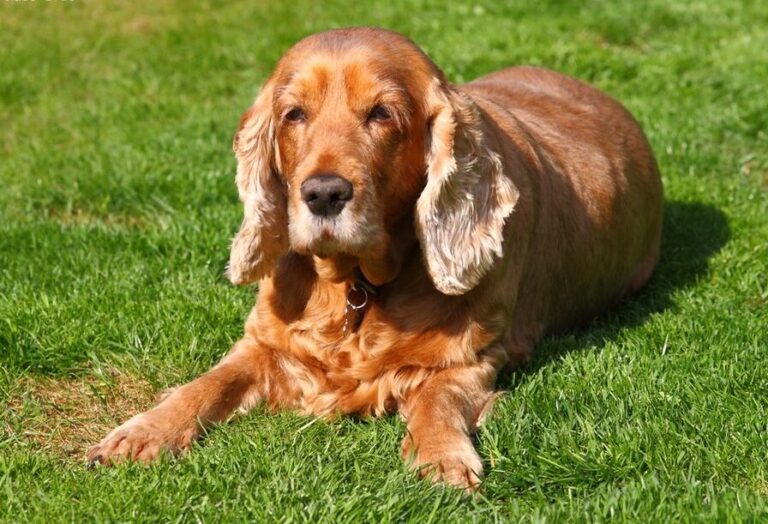Top 15 Dog Breeds That Rarely Get Sick
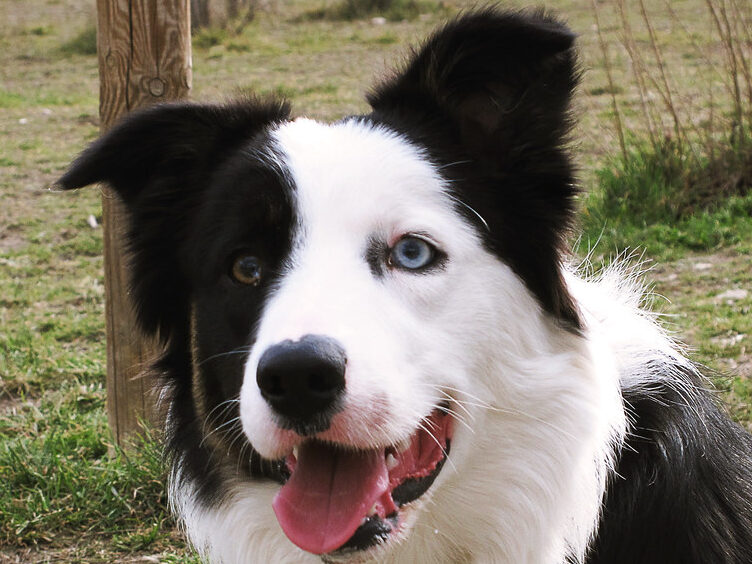
When choosing a dog, health is one of the biggest things to think about, especially if you want to avoid constant vet visits and major health issues. While every dog needs love, exercise, and regular checkups, some breeds are known for being naturally sturdy, low-maintenance, and less prone to illness. These 15 dog breeds tend to stay healthier longer and bounce back quickly, making them great companions for people who want less worry and more joy.
Beagle
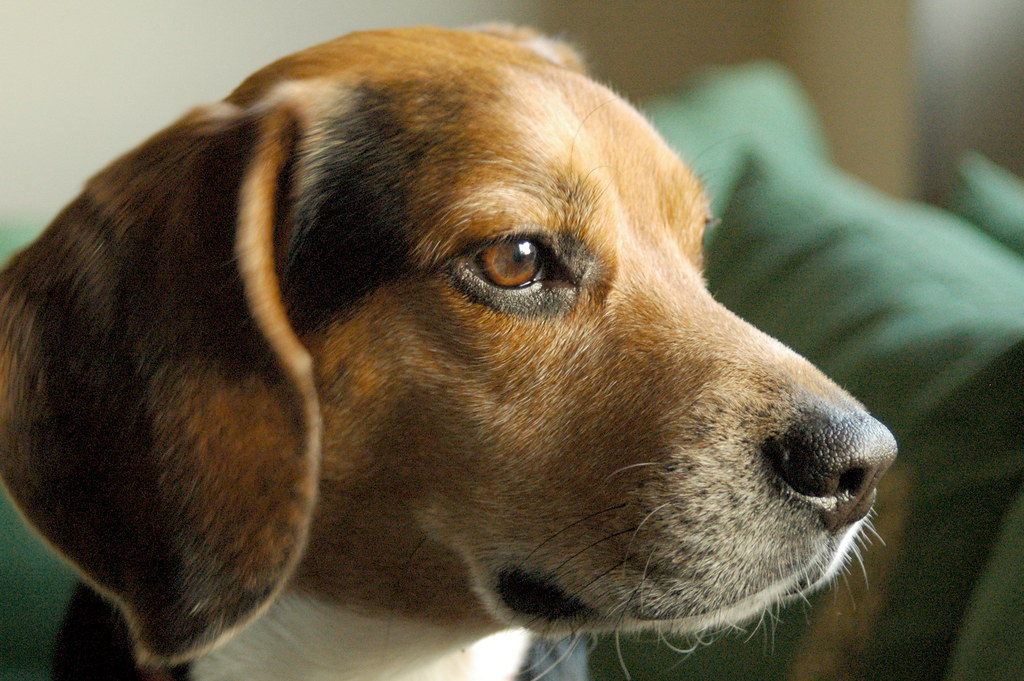
Beagles are small but full of energy and built to be outdoorsy hunting dogs, which has helped them develop a pretty strong immune system over time. They’re less prone to serious health issues than many other breeds, and their compact bodies make joint issues less common. With regular vet visits, good food, and enough exercise, a Beagle can live a long, happy life with fewer medical problems than most.
Border Collie
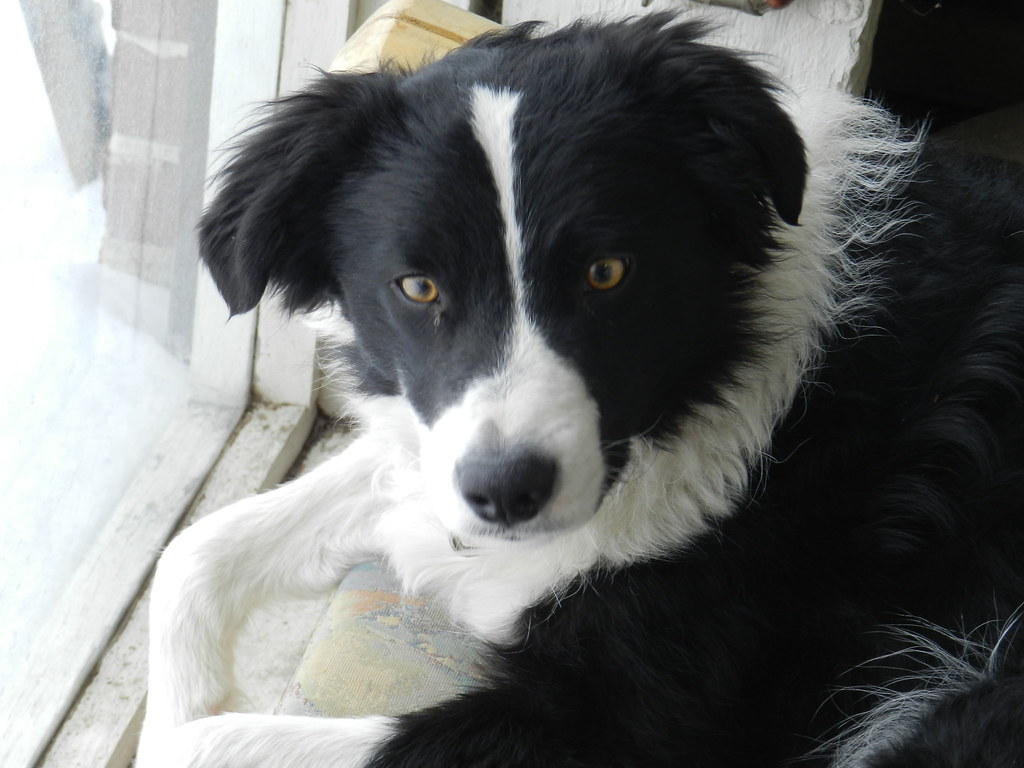
Not only are Border Collies known for being incredibly smart, but they’re also known for being one of the healthiest breeds around. Their active lifestyles help keep their weight in check, and they generally don’t suffer from many of the joint or heart conditions seen in other dogs. They can stay strong, sharp, and healthy well into their older years with proper care and room to run.
Australian Cattle Dog
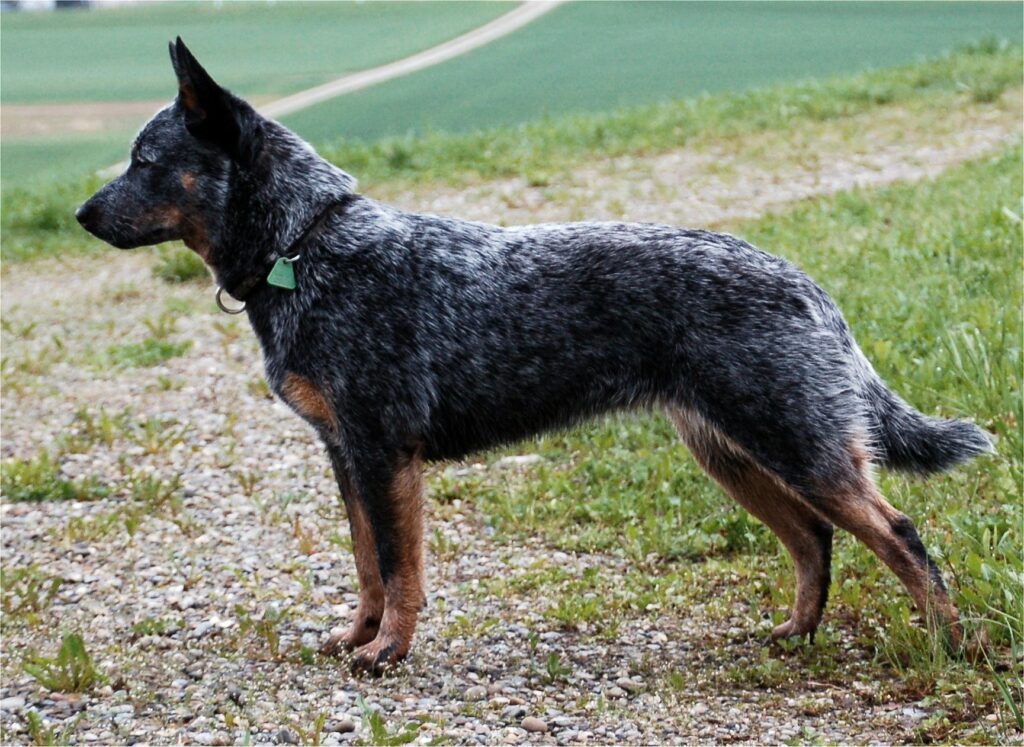
Australian Cattle Dogs were bred to be tough enough for the rugged outback, and that toughness shows in their health. They’re highly energetic, mentally sharp, and rarely get sick if they’re given a balanced diet and enough physical activity. These dogs often live into their late teens, which is rare for medium-sized breeds, and their minimal health issues make them great for owners looking for a long-term companion.
Basenji
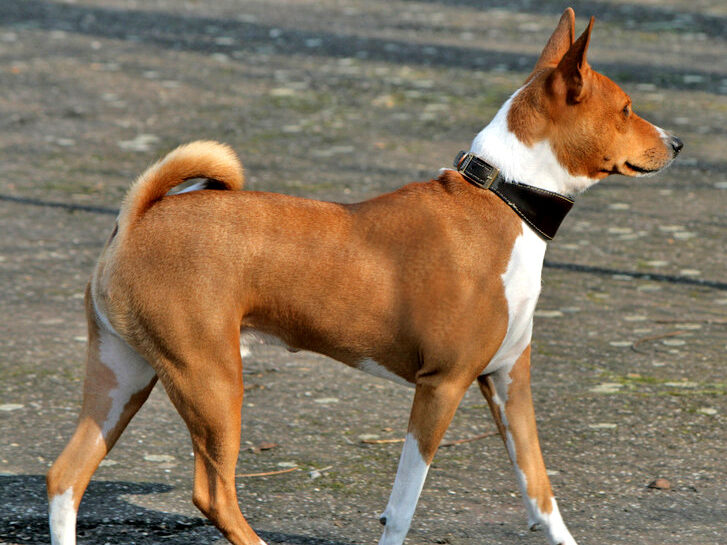
Basenjis are often called “barkless dogs,” but they could also be called “vet-resistant dogs” thanks to their natural hardiness. They’re a primitive breed, which means they’ve had less interference from humans over the years and fewer inherited diseases. They’re generally clean, quiet, and don’t drool or shed much, making them low-maintenance inside and out. They stay healthy for a long time with a proper diet and basic care.
Shiba Inu
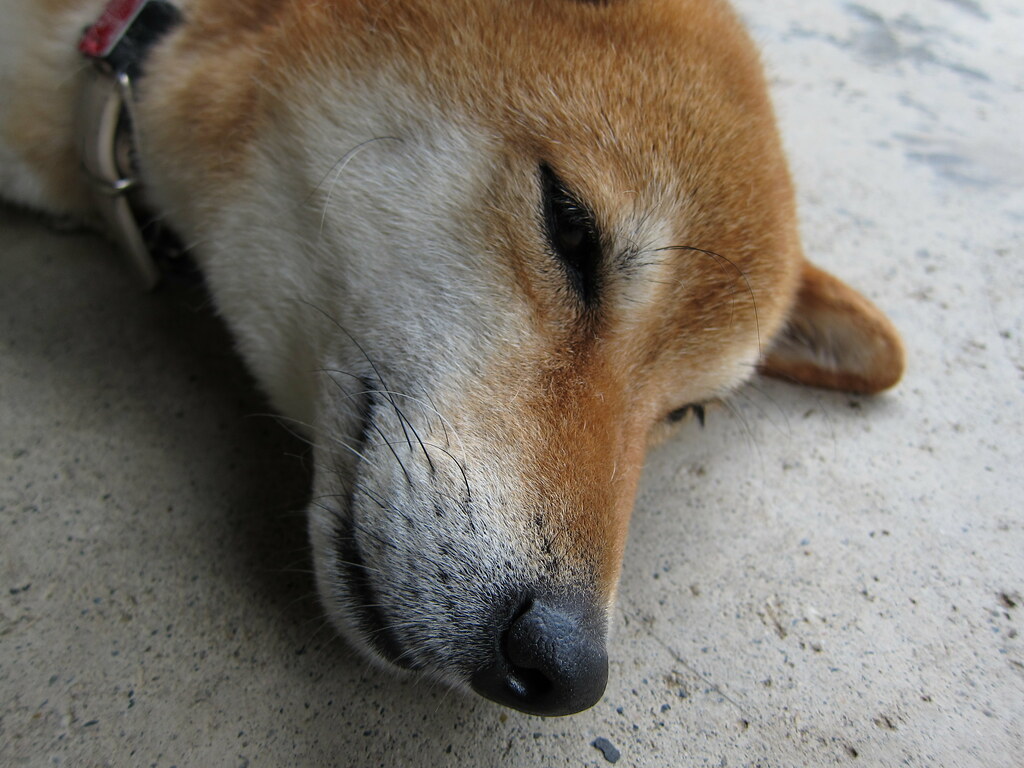
Shiba Inus are independent, quick on their feet, and pretty tough when it comes to health. They aren’t prone to many major hereditary problems, and they usually don’t suffer from skin or joint issues that affect other small to medium dogs. They’re also very clean by nature, which helps cut down on infections and skin problems. A Shiba Inu can stay active and healthy for many years with consistent care.
Belgian Malinois
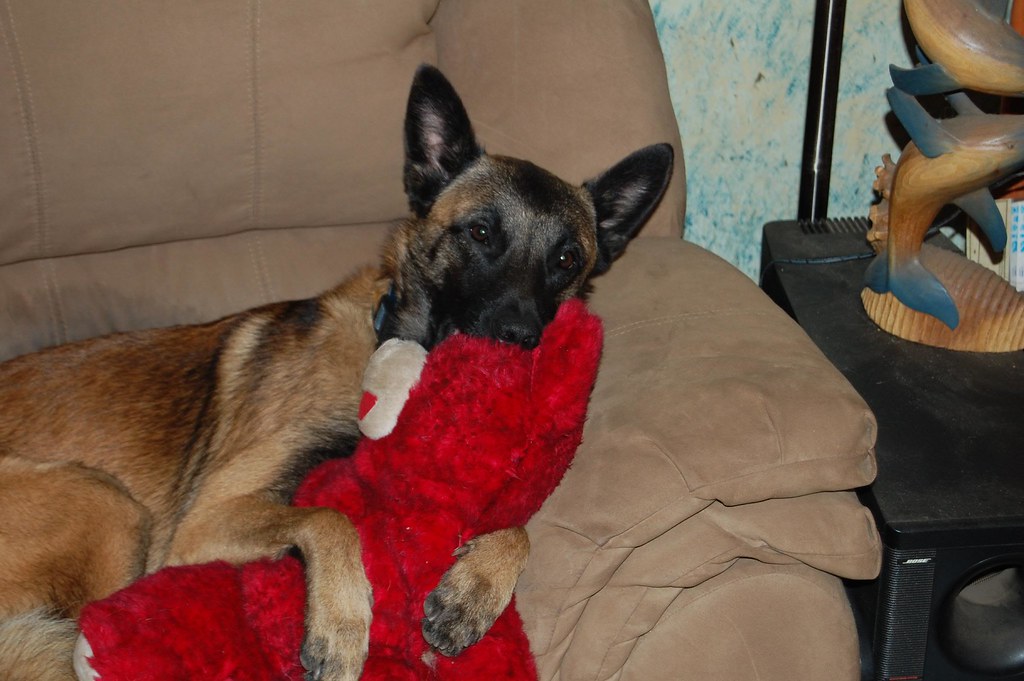
If there’s a dog that knows how to work hard and stay strong, it’s the Belgian Malinois. Police and military units often use these dogs for a reason—they’re athletic, focused, and not easily knocked down by illness. With a lean, muscular body and low risk of genetic problems, they stay in good health with the right balance of exercise, training, and high-quality food.
Chihuahua
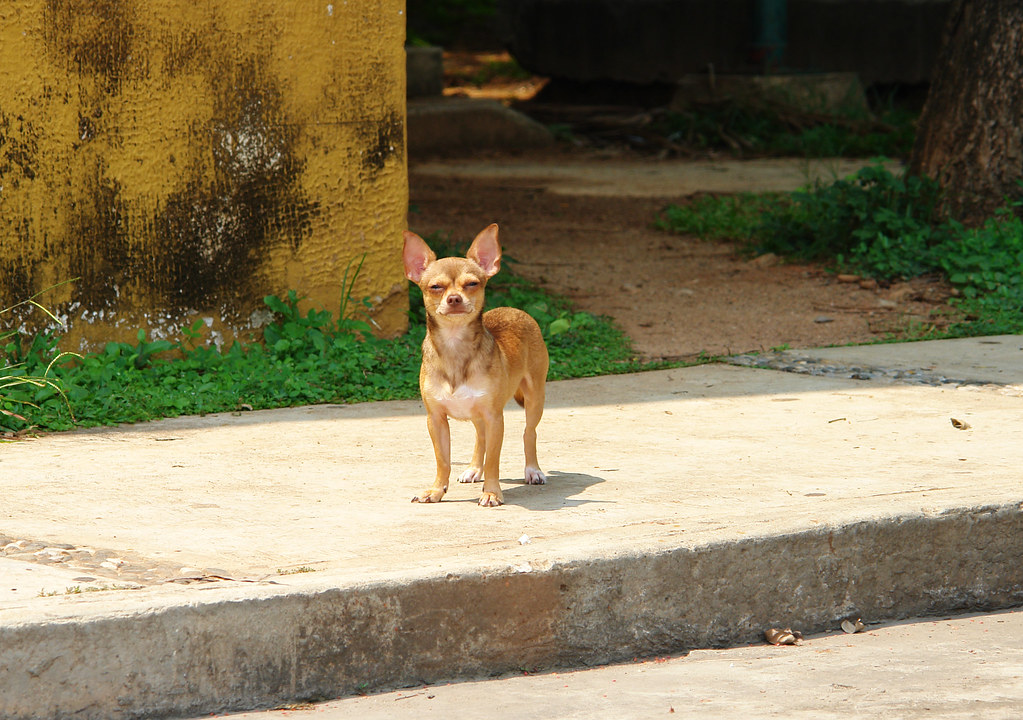
Don’t let their tiny size fool you—Chihuahuas are some of the longest-living and healthiest dogs around. They’re known for having fewer serious health problems than most small breeds, especially if they’re not overbred. Keeping their weight under control and their teeth clean are the main challenges, but otherwise, they’re strong-willed little survivors who often live well into their teens without major medical concerns along the way.
German Pinscher
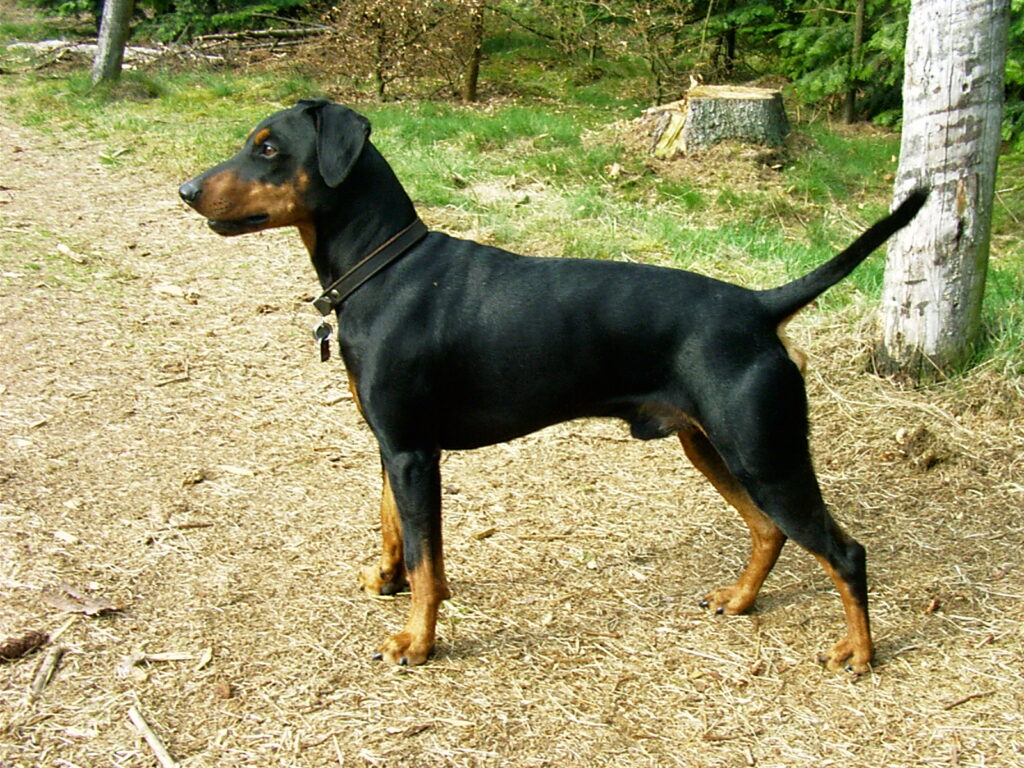
German Pinschers are sleek, agile dogs with a solid health reputation. They’ve avoided many of the genetic pitfalls that plague some purebreds, and they usually steer clear of hip dysplasia and heart disease. As long as they’re exercised regularly and on a steady diet, these dogs remain vibrant and healthy. Their low-maintenance grooming needs also make them an easy choice for first-time owners.
Greyhound
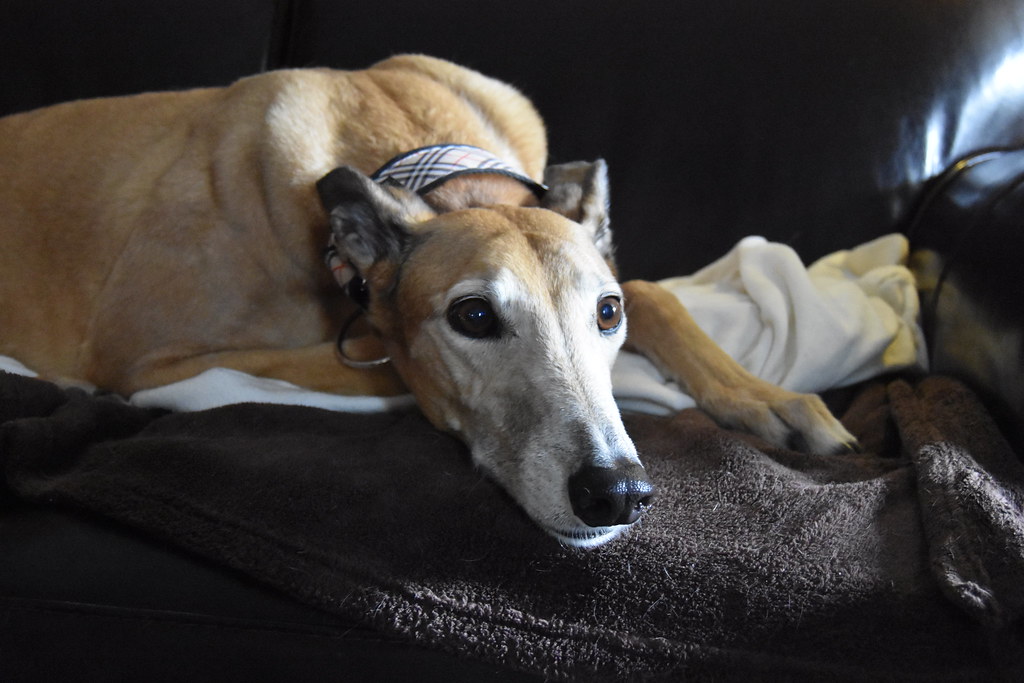
Greyhounds might look delicate with their lean frames, but they’re actually one of the healthiest large breeds out there. They don’t typically suffer from joint issues like other big dogs, and their calm nature makes them easy to manage. With a balanced diet, regular walks, and a warm place to rest, a Greyhound can enjoy a long, peaceful life with minimal health complications or costly vet visits.
Havanese
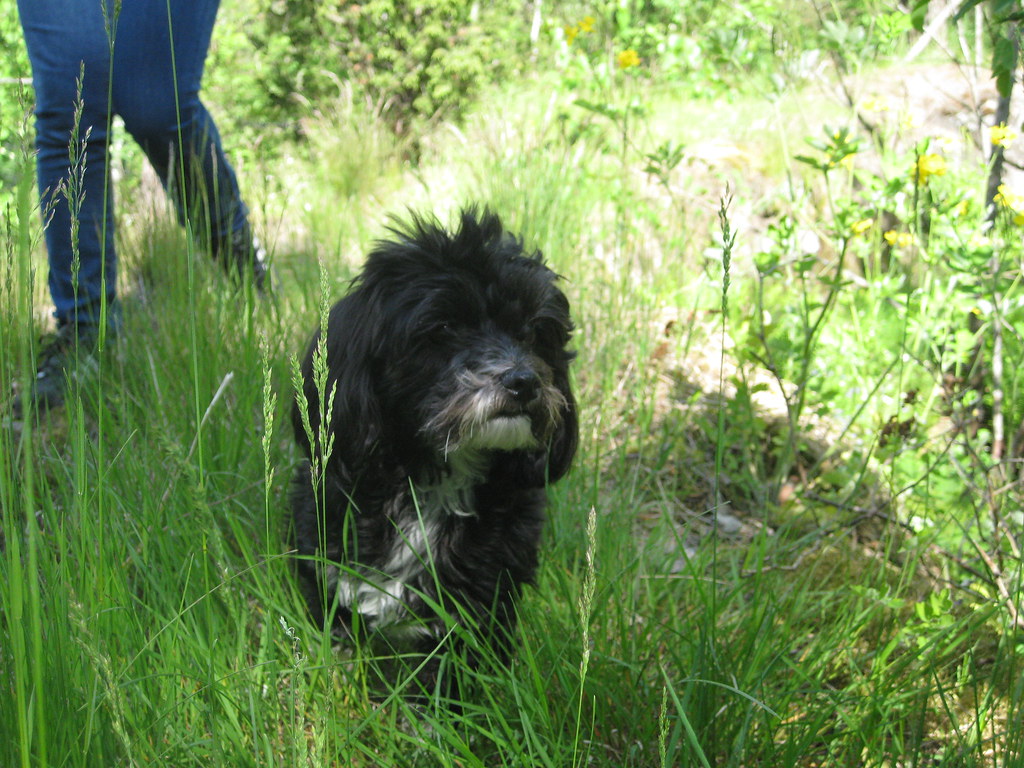
These cheerful little dogs have a reputation for both charm and health. Havanese dogs are less likely to suffer from breathing issues or fragile bones, which are common in other toy breeds. They have strong immune systems and tend to avoid most major health problems with good grooming and dental care. Their happy nature and low rate of serious illness make them excellent companions for families or seniors.
Labrador Retriever
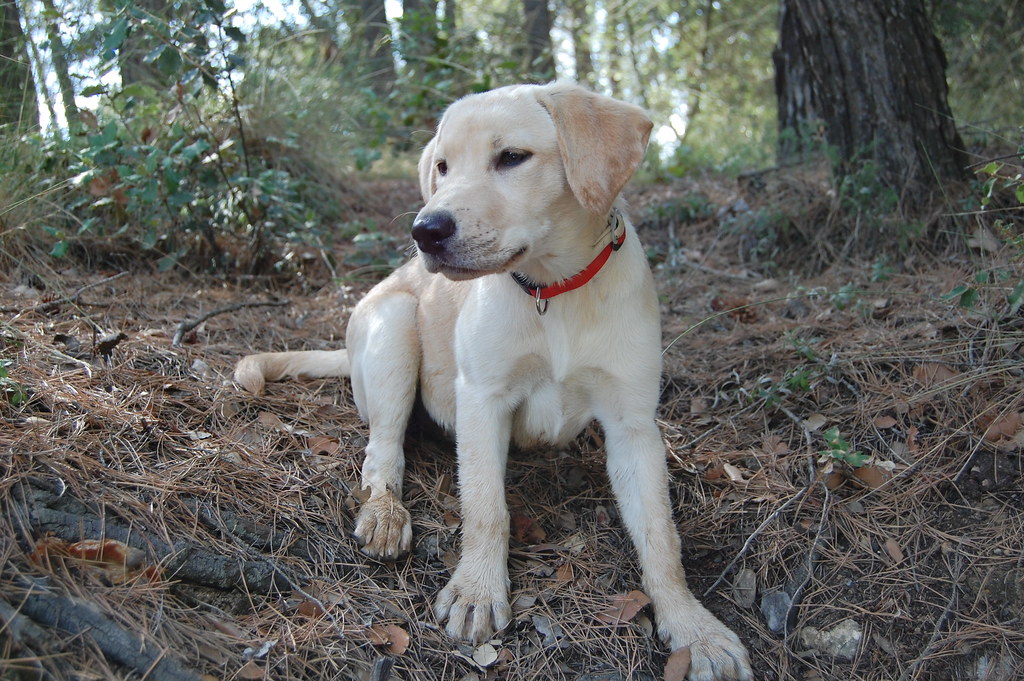
Labs are among the most famous dog breeds in the world, and luckily, they’re also known for their good health, especially when kept at a healthy weight. While they can be prone to overeating, Labs are strong, energetic, and generally resistant to many common health conditions. A healthy lifestyle with a lot of exercise and quality food helps them stay active and illness-free for most of their lives.
Miniature Schnauzer
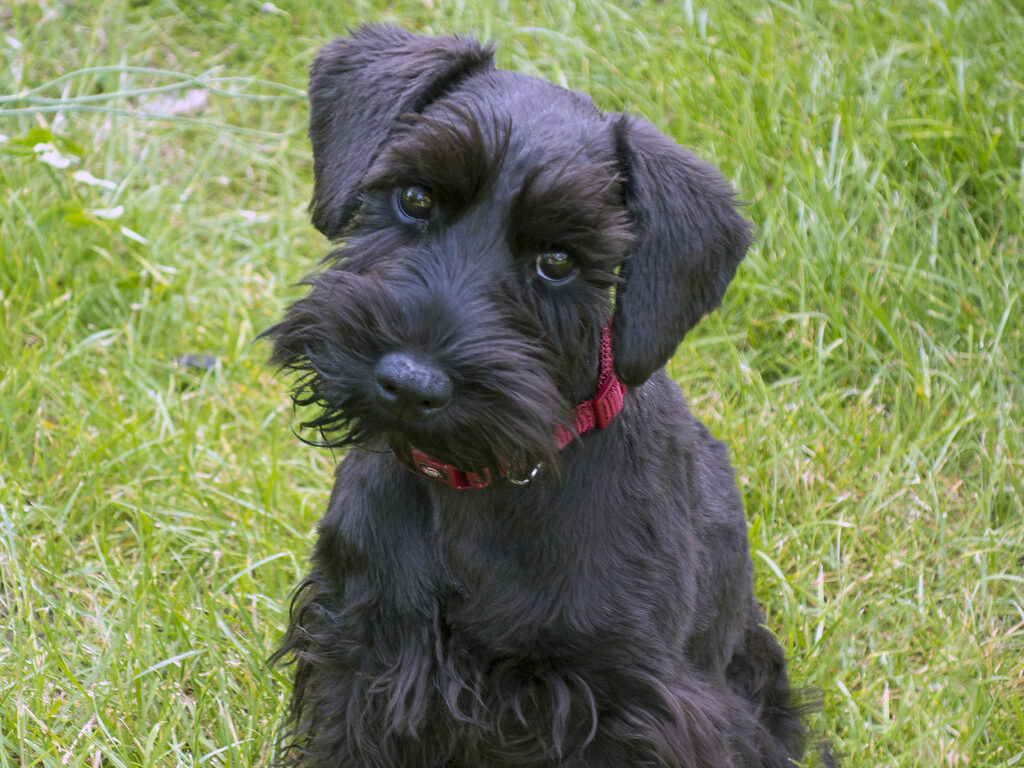
Miniature Schnauzers are sturdy, spirited little dogs that rarely get sick when properly cared for. They’re not prone to many of the joint or organ problems that affect other small breeds, and their wiry coats are relatively low-maintenance with regular grooming. They do need their teeth and weight managed carefully, but overall, they tend to live long, healthy lives filled with energy and personality.
Ibizan Hound
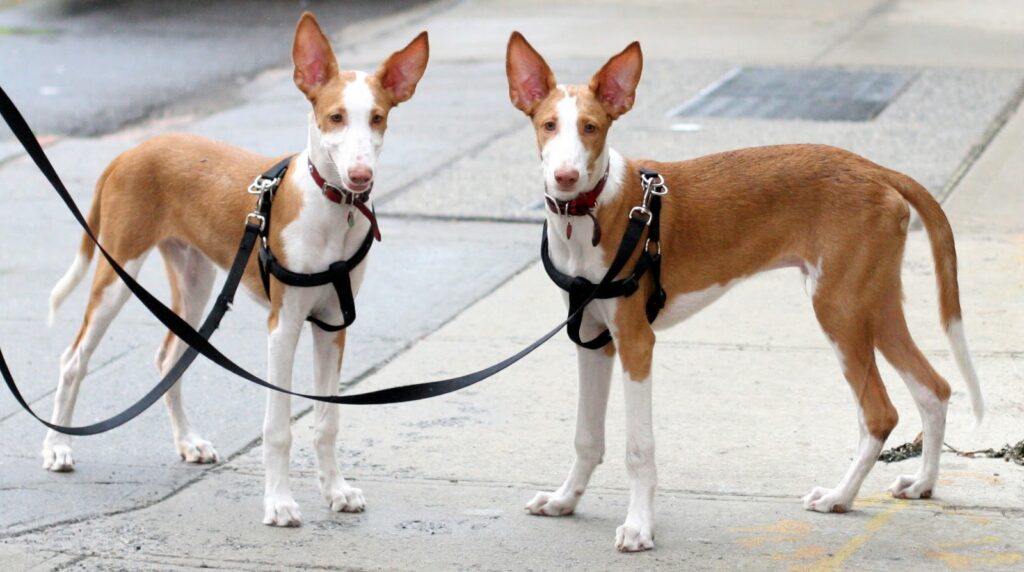
The Ibizan Hound is a sleek, elegant breed that’s not only fast but also impressively healthy. These pups don’t usually suffer from genetic diseases; their lean build makes them less prone to joint issues. With enough room to run and play, they stay in very good shape. Their quiet nature and strong immune systems mean they don’t visit the vet often, making them a hidden gem in healthy dog breeds.
Mixed Breed (Mutt)
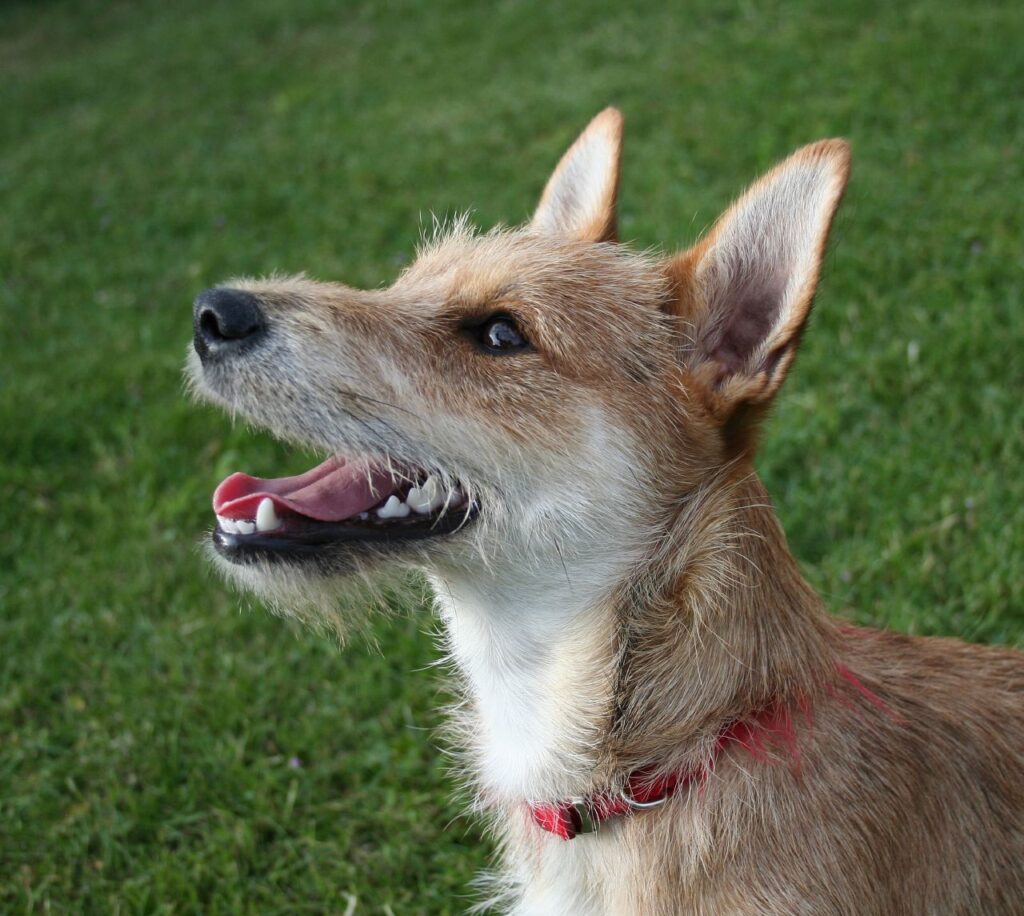
While not a single breed, mixed-breed dogs—often called mutts—are some of the healthiest pets you can get. They tend to have fewer inherited diseases thanks to a wider genetic background than purebreds. Many live long, happy lives with minimal health issues, especially when adopted from shelters where they’ve already had basic medical care. They’re living proof that a little variety can go a long way when it comes to staying healthy.
Poodle (Standard and Miniature)
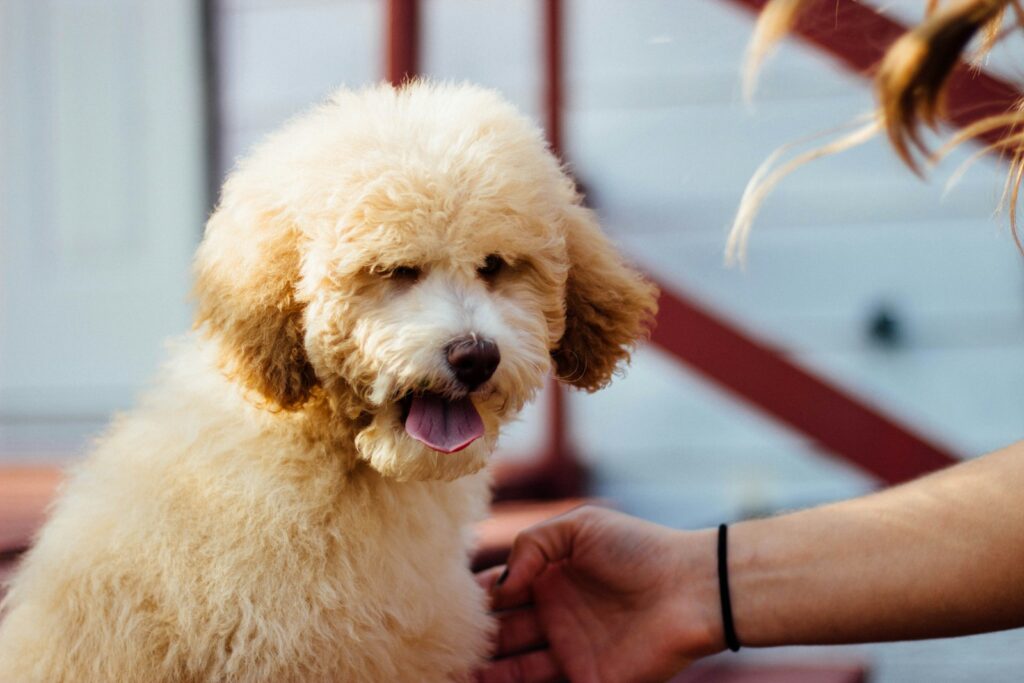
Poodles are often seen as fancy dogs, but behind all that fluff is a very healthy, intelligent animal. Both Standard and Miniature Poodles are known for their long lifespans and their few chronic health problems. With their hypoallergenic coats and strong genetics, they rarely suffer from the issues that affect similar-sized breeds. As long as you keep up with grooming and give them daily stimulation, they’ll stay in top form for years.

